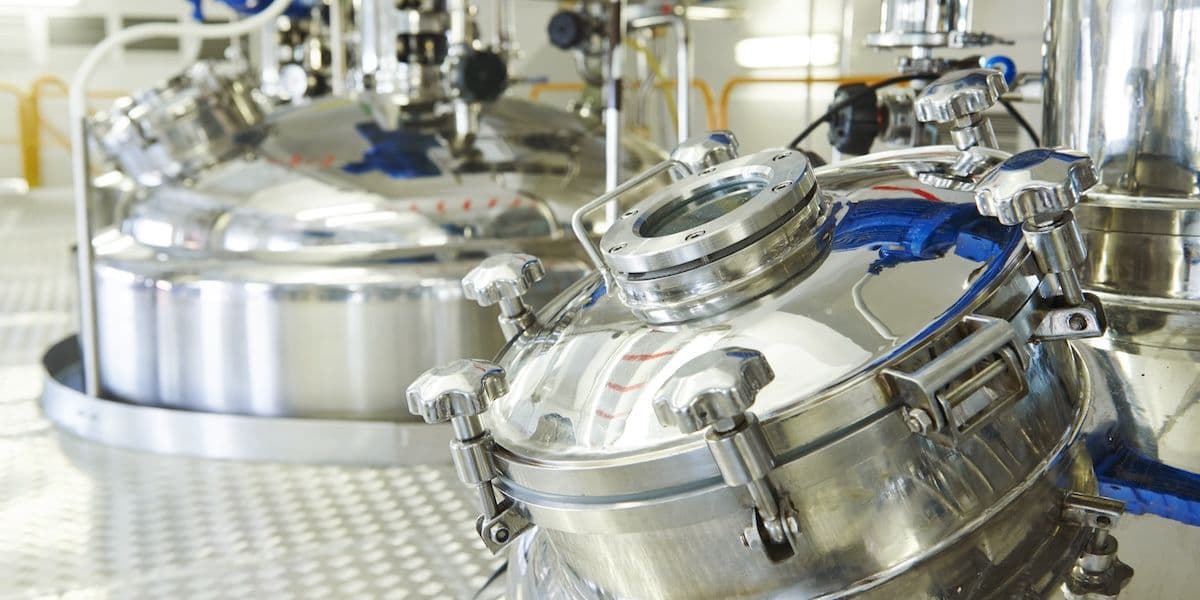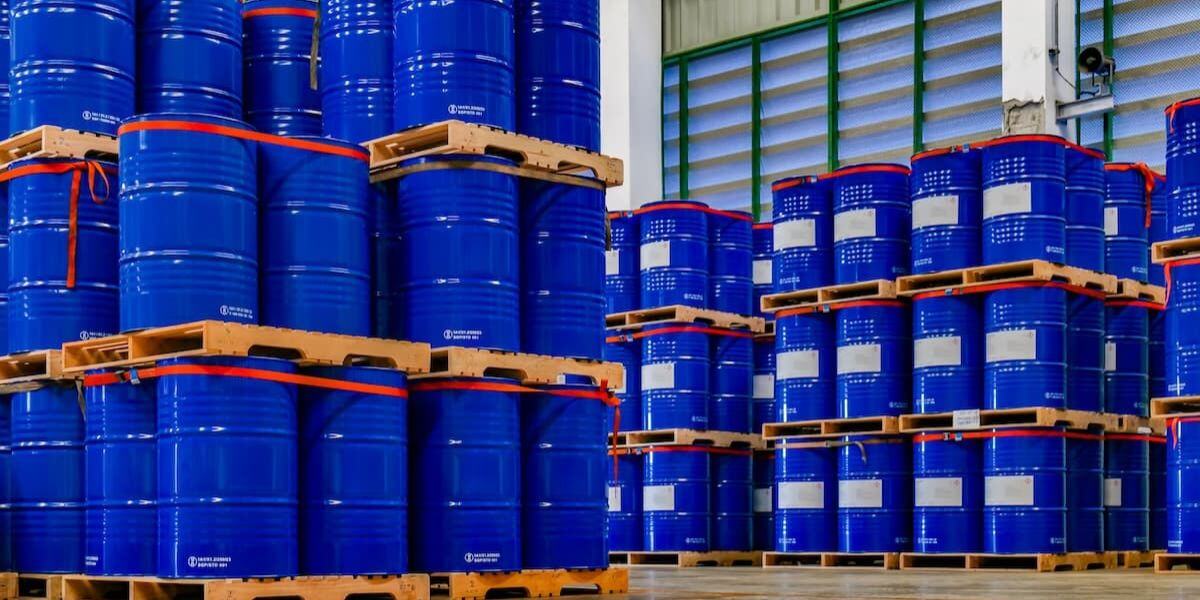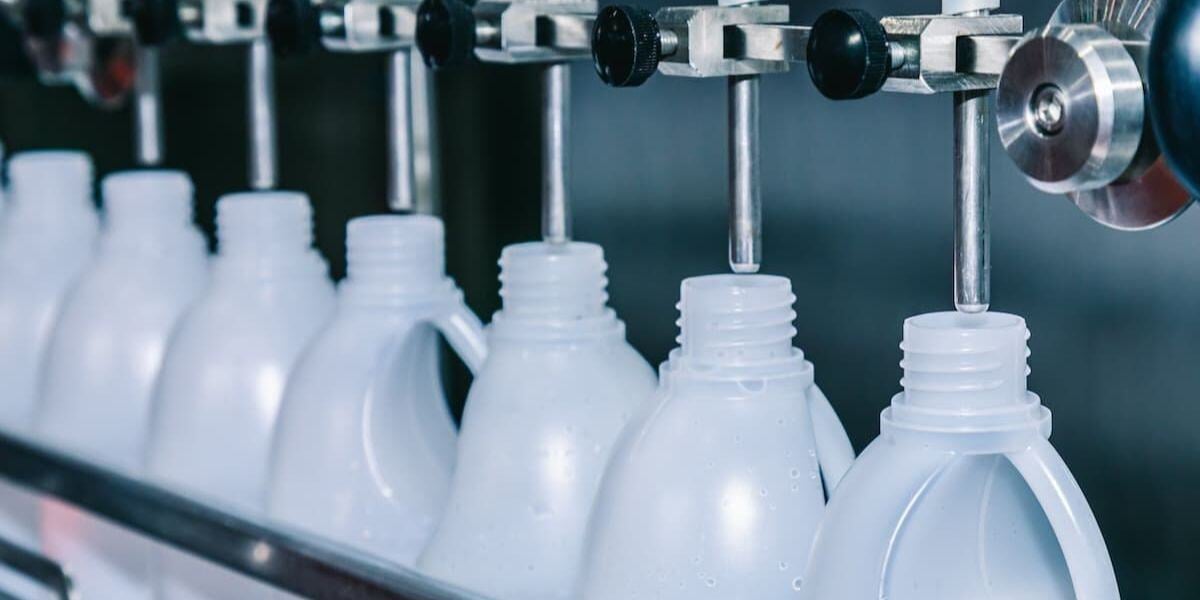
Toll Blending & Private Labeling: Is It Right for Your Business?
When it comes to chemical manufacturing, businesses often face a key decision: should they produce their own products or partner with a third-party manufacturer? For many, toll blending and private labeling offer appealing solutions that save time, reduce costs and simplify operations. However, understanding which approach aligns with your business goals can feel overwhelming, especially when these terms are often used interchangeably.
At their core, both toll blending and private labeling involve working with a third-party manufacturer to produce chemical products sold under your brand name. Yet, the specifics of how these services are delivered – and how they fit into your business strategy – can vary. This blog will break down the differences, explore the advantages and disadvantages of these models and help you determine whether they’re the right choice for your business. Let’s dive in and see if toll blending or private labeling is the solution you’ve been searching for.
Toll Blending vs Private Labeling: What’s the Difference?
When exploring outsourcing options for chemical manufacturing, you’ll often encounter the terms "toll blending" and "private labeling." While definitions may vary slightly depending on who you ask, both processes typically describe a partnership where a third-party manufacturer produces a chemical product that you sell under your brand name. This shared goal makes the terms closely related, yet subtle distinctions may exist depending on the manufacturer.
One key difference sometimes highlighted is the level of involvement in product development. Private label manufacturers sometimes focus on specific product categories and may offer expertise in developing or modifying formulations to create a unique product for your brand. Toll blenders, like Royal Chemical, take a different approach, producing chemical products strictly according to the formulations provided by the client. This allows you to maintain full control over your product’s composition, ensuring confidentiality and consistency.
However, these distinctions aren’t universal and may blur depending on the manufacturer. What remains consistent is the ability of both toll blending and private labeling to streamline production and branding for businesses looking to grow. Understanding these nuances can help you choose the model that best aligns with your business needs and goals.
The Benefits of Working with a Toll Blender or Private Labeler
Partnering with a toll blender or private label manufacturer offers a wealth of advantages, making it an appealing option for businesses seeking efficiency, cost savings and growth potential.
Expertise and Precision in Production
Contract manufacturers bring years of experience and specialized knowledge to the production process. Their expertise ensures that your products are manufactured to the highest quality standards, eliminating errors and inefficiencies. For businesses without in-house manufacturing capabilities, this expertise can be the difference between a successful product and costly setbacks.
Significant Cost Savings
Setting up your own production facilities requires substantial investment in equipment, staffing and regulatory compliance. By outsourcing to a toll blender, you bypass these significant upfront costs. This allows you to focus your resources on other critical areas, such as marketing and distribution, helping your business achieve profitability more quickly.
Scalability and Speed to Market
One of the biggest advantages of working with a contract manufacturer is the ability to scale production quickly. Whether you’re launching a new product or expanding into new markets, manufacturers like Royal Chemical have the capacity and infrastructure to support your growth. With five strategically located facilities across the U.S., Royal Chemical can help you produce more products and deliver them to your end customers faster. Our locations allow us to reach 83% of the U.S. population within one business day, minimizing delays and ensuring efficient delivery.
By leveraging the resources and expertise of a toll blender or private labeler, your business can streamline operations, reduce costs and achieve greater scalability – positioning you for long-term success.
The Drawbacks of Using a Private Label or Toll Blender
While partnering with a private label or toll blender has significant advantages, it also introduces some dependencies and risks that businesses must carefully consider. Understanding these potential drawbacks can help you make informed decisions and avoid costly pitfalls.
Dependency on the Manufacturer
When you rely on a third-party manufacturer, your business’s success becomes tied to their performance. Any disruptions in their operations can directly impact your ability to meet customer demand. For example, if your manufacturer experiences production delays due to equipment issues or supply chain disruptions, your product deliveries will also be delayed, potentially damaging customer relationships.
Quality Control Risks
The quality of your product reflects directly on your brand, even if the product is made by a third party. If the manufacturer lacks robust quality assurance processes, issues like inconsistent formulations or packaging defects can arise. These problems can lead to customer complaints, damage your brand reputation, and, in severe cases, trigger costly recalls. It’s crucial to work with a manufacturer that prioritizes stringent quality controls to mitigate these risks.
The key to navigating these challenges lies in choosing a contract manufacturer with proven expertise, strong quality control systems and contingency plans for unforeseen issues. By selecting the right partner, you can minimize these risks and confidently grow your business.
Why Royal Chemical is the Right Partner for Your Business
While it’s true that working with a toll blender or private label manufacturer introduces some risks, partnering with the right manufacturer can eliminate these concerns and set your business up for success. At Royal Chemical, we understand these challenges and have built our processes and infrastructure to address them effectively.
- Reliability You Can Count On: At Royal Chemical, we take our role as your manufacturing partner seriously. With five strategically located facilities across the U.S., we have the capacity and redundancy to avoid production bottlenecks and ensure smooth operations. If challenges arise, our team has the expertise and contingency plans to keep your products on schedule, so your customers are never left waiting.
- Uncompromising Quality Assurance: We know your brand depends on the quality of the products we produce, and we treat that responsibility with the highest priority. Royal Chemical maintains rigorous quality control processes at every stage of production. From sourcing materials to final packaging, our systems ensure consistency and compliance with industry standards. This protects your reputation and guarantees your customers receive products they can trust.
- Clear Communication and Full Transparency: We believe in collaboration and keeping you informed every step of the way. Our dedicated team works closely with you to understand your requirements and deliver on your expectations. We’re proactive in addressing potential issues, ensuring alignment and providing the reliability your business needs to grow.
Choosing the right partner can make all the difference in your success. With Royal Chemical, you’re not just outsourcing manufacturing – you’re gaining a partner committed to helping your business thrive. Contact us today to learn more about how our toll blending services can support your goals and eliminate the risks associated with third-party manufacturing. Let’s work together to take your business to the next level.
Talk to an Expert
Streamline Your Chemical Manufacturing Process
Royal Chemical’s expertise in blending, packaging and shipping can save you time, reduce costs and deliver consistent results.














